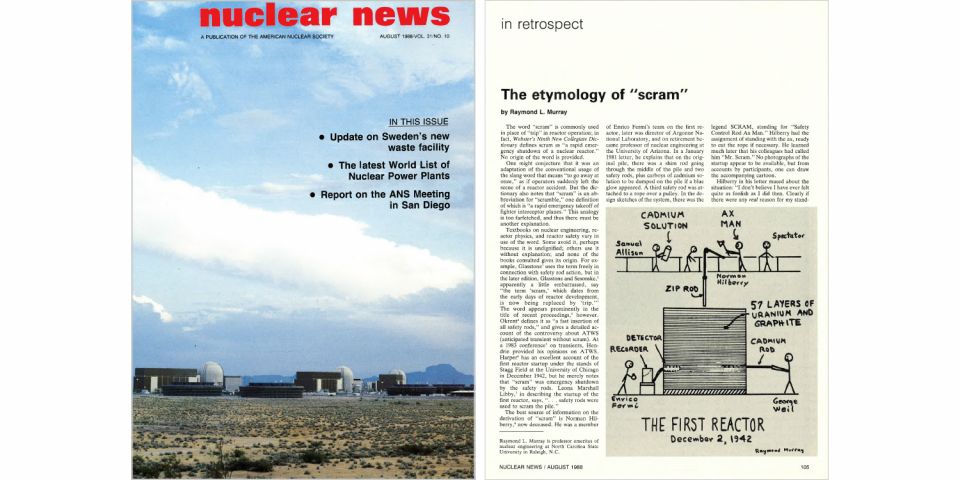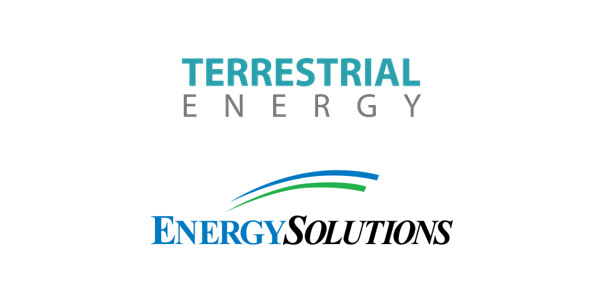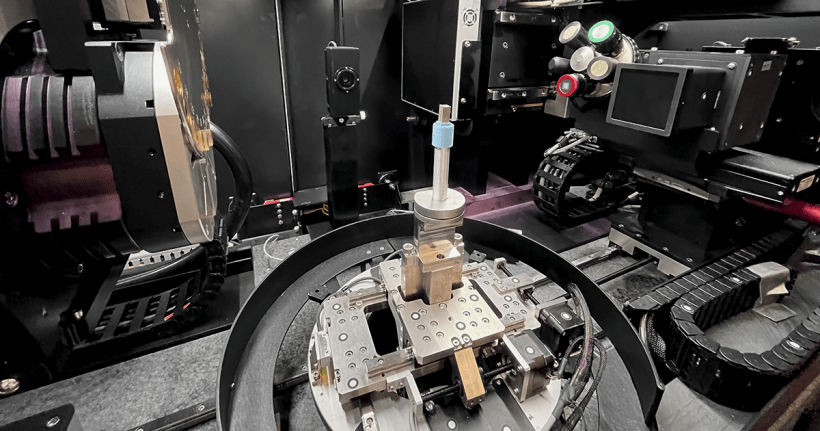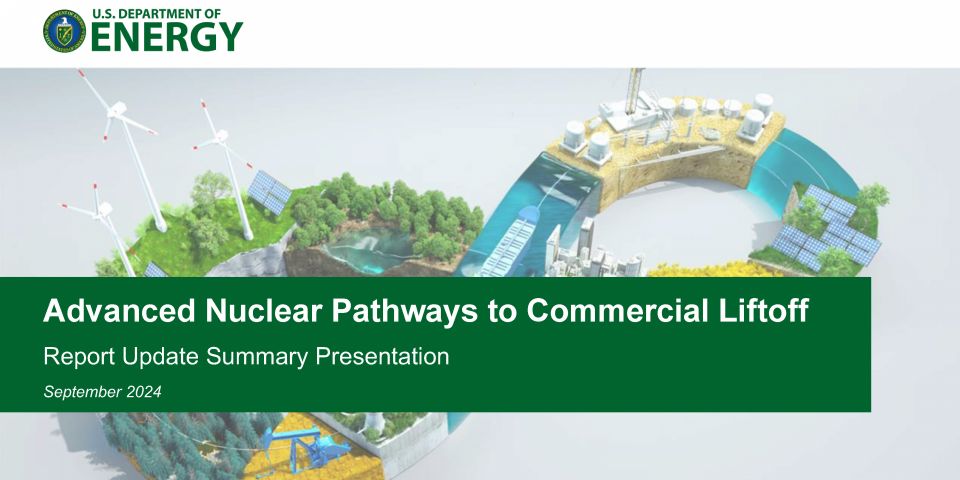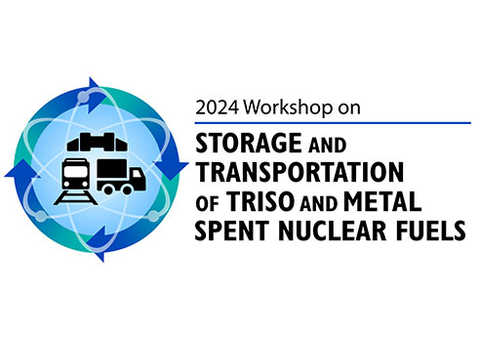Looking for the real problem: “We don’t need to yell at each other on the Internet about whether we’re on the verge of a technical breakthrough in long-term electricity storage or a technical breakthrough in molten salt reactors,” Yglesias writes. “What we need to do is recognize that the existing regulatory framework for nuclear reactors is extremely hostile to breakthroughs.
“The real problem here is both proponents and critics treating ‘pronuclear’ as an identity rather than a policy agenda,” Yglesias says. “For example, if a state is considering a regulatory mandate about what kinds of electricity its utilities buy, that could be a renewables mandate (which wouldn’t include nuclear), or it could be a zero-carbon mandate (which would). On this, I am strongly pronuclear—don’t turn down carbon-free electricity. If the nuclear hype guys are wrong, nothing will come of it. If they’re right, we’ll be glad the regulations accommodated that. Similarly, it’s just insanity to prematurely retire existing nuclear power plants. The problem with these light water reactors is they are insanely expensive to build. Having built them, we should use them.”
Deterministic vs. agnostic regulation: Yglesias argues that regulatory strategies should measure any risk posed by nuclear power against the benefits of the clean energy it can provide. He compares the agnostic regulation approach used by the Food and Drug Administration to regulate COVID-19 medications—which asks a developer to prove that a product is both effective and safe but does not specify the mode of action for a drug—to deterministic regulations in the auto industry—which ensure that all cars sold in the United States have certain common features.
"You can walk into a car rental place, get a make and model of a car you’ve never driven before, and get yourself up to speed very quickly on how to drive it safely,” Yglesias writes. “There are probably lots of perfectly good ways a car could work, but having them all work very similarly gives us big interoperability advantages even if it does stymie some innovation.”
The Nuclear Regulatory Commission has used a deterministic approach to regulating light water reactors, but carrying that deterministic mindset over to the regulation of advanced reactors now in development hampers innovation, Yglesias says.
“If you permit a new reactor, you are imposing some safety risk (bad!), but you are also giving the world a bunch of electricity (good!) that creates no air pollution (very good!),” he writes. “The right permitting standard should take those benefits into account. The fact that we don’t call it a ‘safety’ issue when a natural gas plant or an internal combustion engine pumps noxious fumes into the sky doesn’t change the fact that it’s a risk to human health and well-being.”


